The Importance of Regular Backflow Testing: Protecting Your Water Supply
Backflow prevention devices are essential in keeping potable water safe from contamination. However, simply installing these devices is not enough—regular testing is required to ensure they function properly. Without routine inspections and maintenance, even the best backflow preventers can fail, putting water quality at risk. This article explores the importance of regular backflow testing and why it should be a priority for homeowners and businesses alike.
What is Backflow Testing?
Backflow testing is a professional inspection of a backflow prevention device to confirm that it is working correctly.
Certified testers assess the functionality of the valves, seals, and overall condition of the device.
If any issues are detected, repairs or replacements can be made to ensure continued protection against contamination.
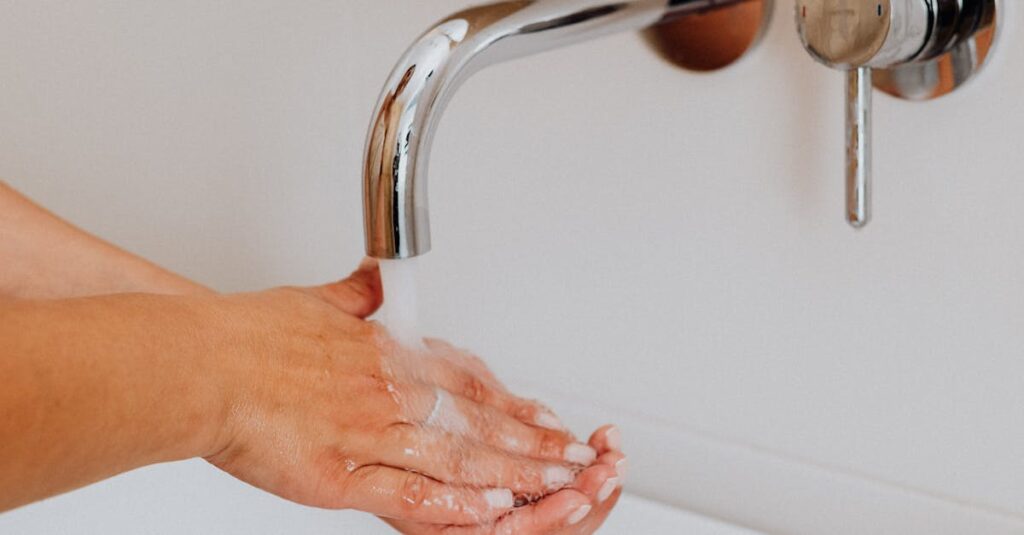
Why is Backflow Testing Necessary?
1. Prevents Water Contamination
The primary purpose of a backflow preventer is to stop contaminated water from entering the clean water supply. Without regular testing, undetected failures could allow hazardous substances—such as pesticides, fertilizers, bacteria, and chemicals—to seep into drinking water systems.
2. Ensures Compliance with Regulations
In New Jersey, annual backflow testing is required by law for commercial properties, multi-family residences, and many industrial sites. The New Jersey Department of Environmental Protection (NJDEP) mandates compliance to safeguard public water systems. Property owners who fail to conduct regular testing may face fines or service disruptions.
3. Identifies Wear and Tear Before It Becomes a Problem
Over time, backflow prevention devices experience wear due to:
- Sediment and debris buildup
- Pressure fluctuations
- Mechanical component deterioration
Regular testing catches these issues early, preventing costly repairs and potential water contamination.
4. Protects Businesses and Residential Properties
For businesses, a backflow failure can result in:
- Temporary closure due to health code violations
- Liability lawsuits if contaminated water causes illness
- Loss of customer trust
Homeowners can also face expensive plumbing repairs and potential health risks if their backflow prevention system fails. Regular testing provides peace of mind that your water supply is safe.
What Happens During a Backflow Test?
A certified backflow tester follows these key steps:
Shuts off water supply
to inspect the backflow preventer without disruption.
Uses specialized equipment
to measure pressure and verify proper valve operation.
Checks for leaks, broken seals, or malfunctioning components.
Documents results
and provides a compliance report to the property owner and local water authority.
Performs necessary repairs or recommends replacements
if the device fails the test.
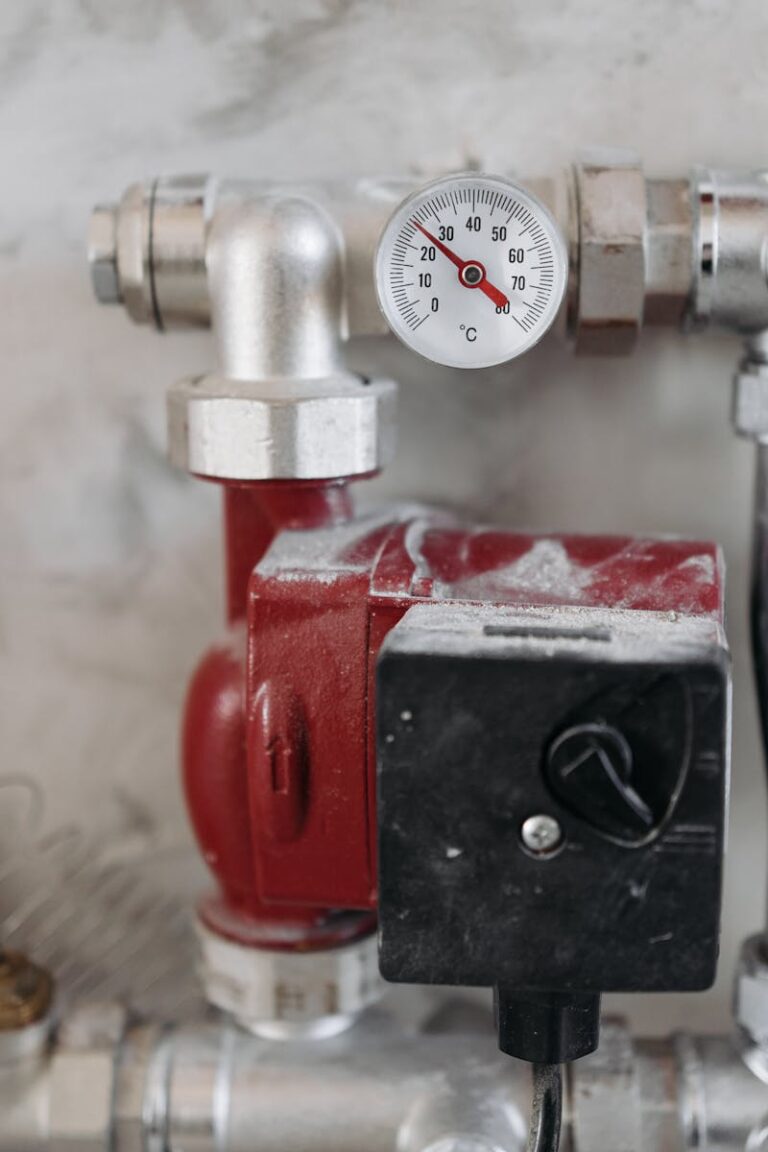
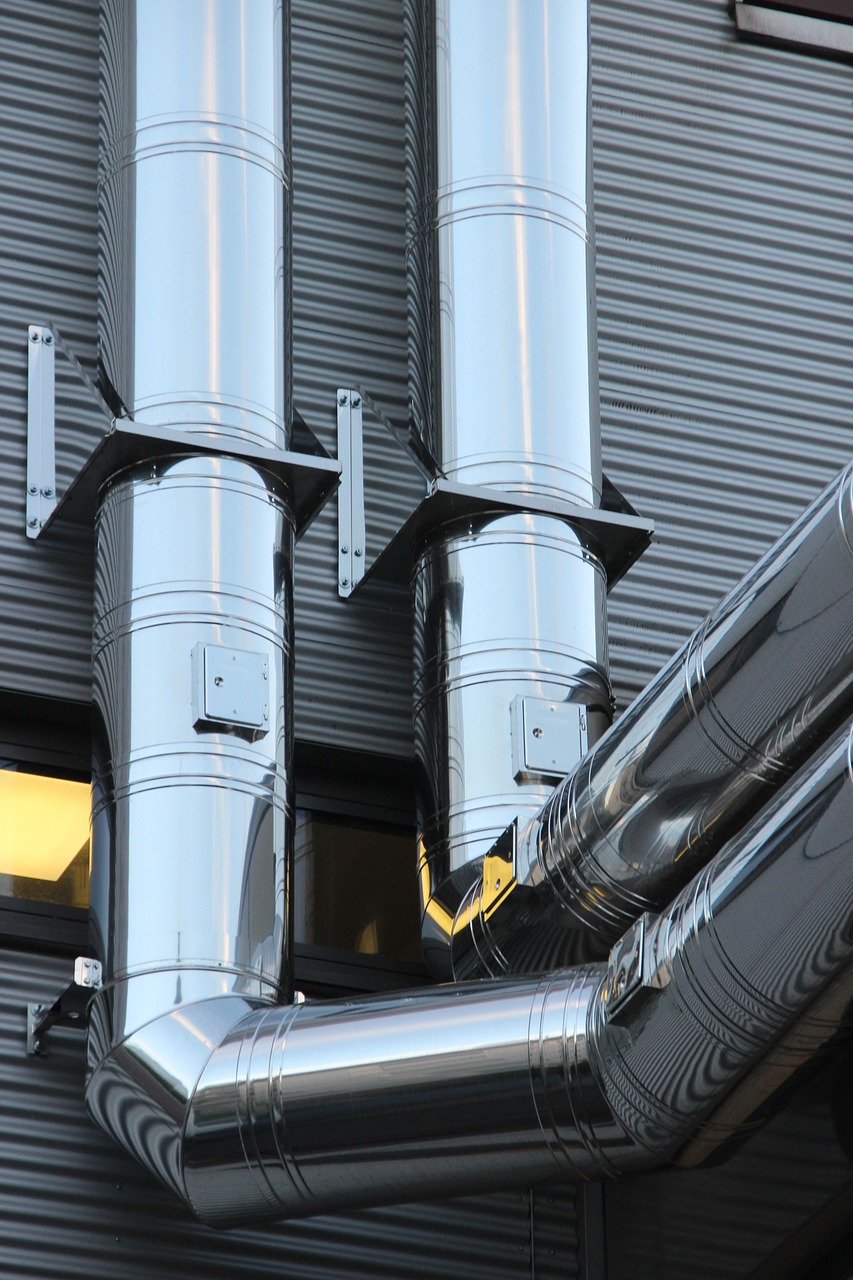
Types of Backflow: Back-Siphonage vs. Back-Pressure
There are two primary types of backflow:
Back-Siphonage
This occurs when a sudden drop in water pressure creates a vacuum effect, pulling water from a contaminated source into the clean water system. Common causes include water main breaks, fire hydrant usage, or sudden increases in demand.
Back-Pressure
This happens when downstream water pressure exceeds the pressure in the potable water system, pushing non-potable water into the clean supply. It often results from issues with heating systems, pumps, or industrial processes.
How Often Should Backflow Testing Be Performed?
The NJDEP and most local municipalities require annual backflow testing. However, additional testing may be necessary if:
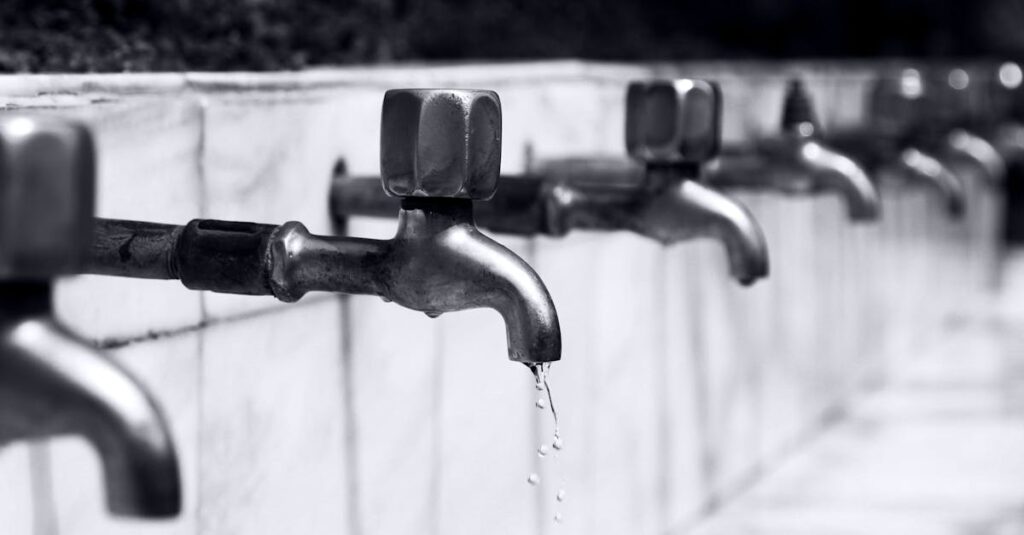
A backflow incident has occurred
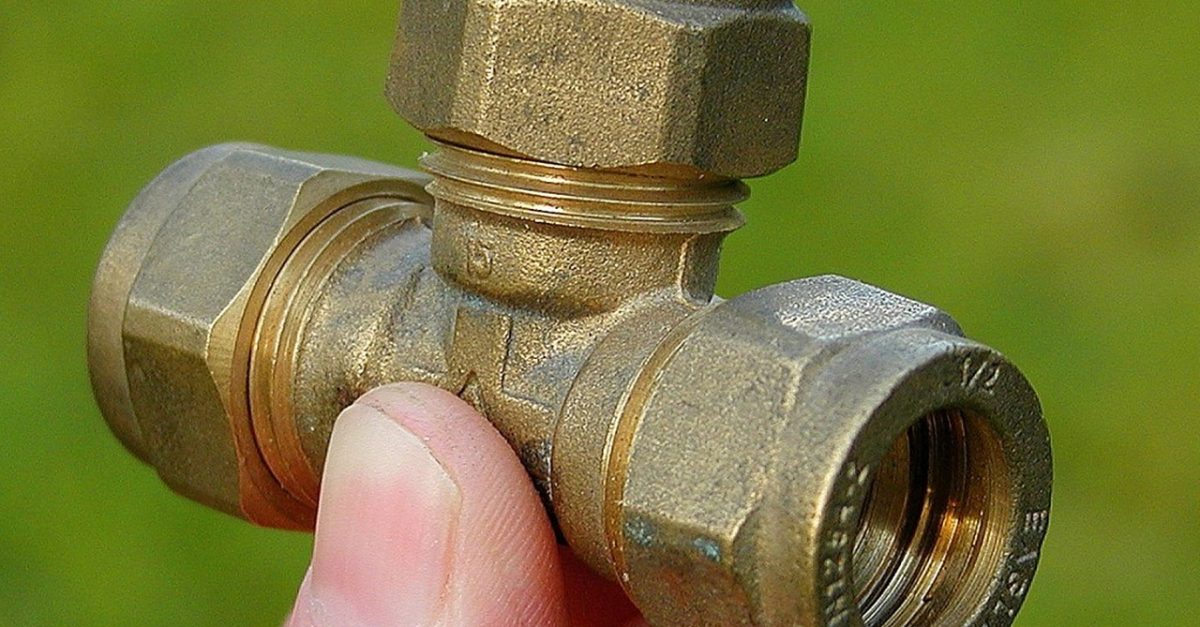
Plumbing modifications have been made

The device is exposed to extreme weather conditions
Choosing a Reliable Backflow Testing Provider
Not all plumbers are certified to conduct backflow testing. South Jersey Backflow specializes in backflow prevention services and offers:
- Certified, experienced technicians trained in state and municipal requirements.
- Comprehensive testing, maintenance, and repairs to ensure long-term protection.
- Hassle-free scheduling to keep you compliant without disruptions.
Conclusion
Backflow testing is a simple yet crucial step in protecting your property’s water supply from contamination.
Regular inspections ensure compliance, prevent costly repairs, and safeguard public health.
Don’t wait until a problem arises—schedule your backflow test with South Jersey Backflow today and keep your water safe year-round.

